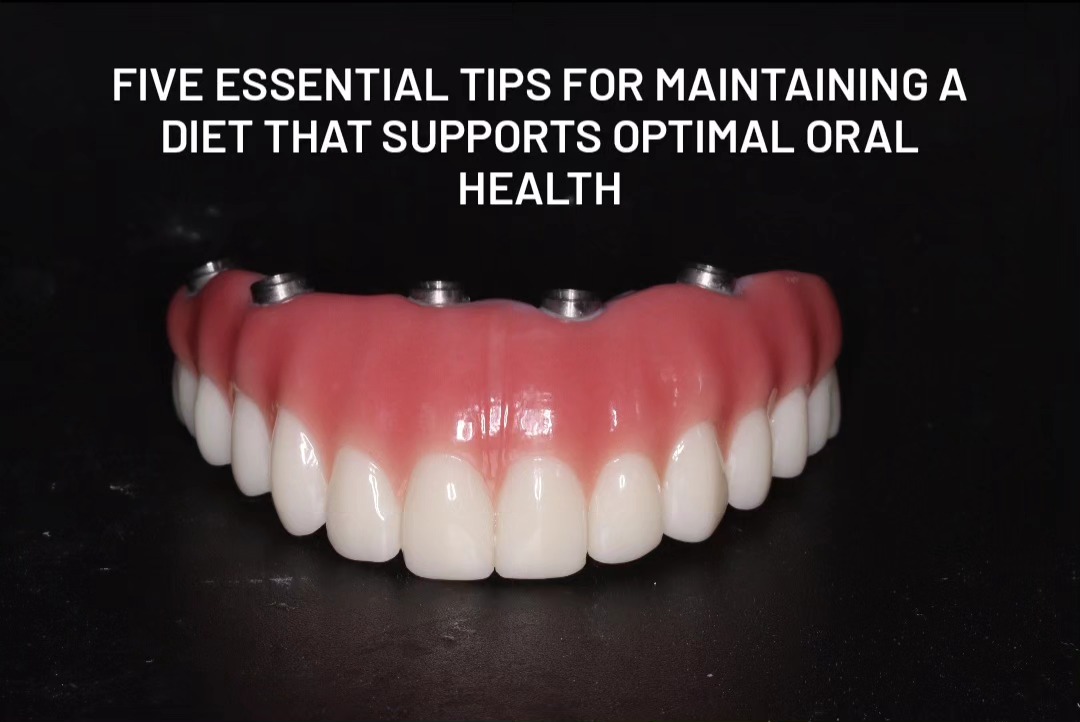
Proper nutrition plays a crucial role in ensuring the longevity and well-being of your prosthetic devices. Here are five essential tips for maintaining a diet that supports optimal oral health and the longevity of your prosthetics:
-
Ensure an adequate intake of lean proteins like poultry, fish, and legumes. Protein is essential for tissue repair, including the gums, ensuring a strong foundation for your prosthetics.
-
Stay well-hydrated. Water not only supports overall health but also helps prevent dry mouth, a common issue for prosthetic wearers. Dry mouth can contribute to discomfort and increase the risk of oral health problems.
-
Limit your consumption of sugars and acidic foods. These can contribute to the deterioration of both natural teeth and prosthetics. Opt for a balanced diet rich in fruits, vegetables, and whole grains.
-
Be cautious with sticky and chewy foods. These can pose a challenge for prosthetic wearers as they may dislodge or damage the prosthetic devices. Opt for softer alternatives and be mindful of what you eat.
-
Schedule regular check-ups with your dentist.
A professional can assess the condition of your prosthetics and provide guidance on your oral care routine. Early detection of any issues can prevent complications down the road.